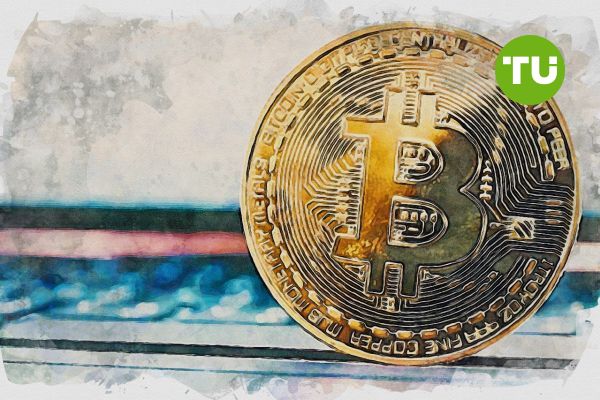South Korea sets new crypto rules for exchanges and Institutions
 South Korea enables crypto sales for charities
South Korea enables crypto sales for charities
As part of a major regulatory shift, South Korea’s Financial Services Commission (FSC) has announced that starting in June 2025, nonprofit organizations and cryptocurrency exchanges will be allowed to sell virtual assets.
This move is part of a broader initiative by the FSC to integrate institutional entities into the digital asset market with the goal of ensuring transparency and market stability, according to a report by Joseilbo.
Guidelines for nonprofit organizations
Nonprofit entities, including universities and officially recognized charitable organizations, will be permitted to liquidate cryptocurrency donations under a set of conditions. Eligible organizations must have at least five years of operational history and undergo external audits. In addition, they must establish an internal “Donation Review Committee” to assess the appropriateness of incoming donations and plans for their conversion to cash. To ensure transparency and prevent misuse, donated virtual assets must be converted into cash immediately upon receipt, and only assets listed on at least three Korean won-based exchanges are allowed.
Rules for cryptocurrency exchanges
Crypto exchanges registered under the Act on Reporting and Use of Specific Financial Transaction Information will be authorized to sell digital assets solely to cover operational expenses. The sale will be restricted to assets that rank in the top 20 by market capitalization on Korea’s five major exchanges. To minimize market impact, daily sales are capped at 10% of the total planned volume, and exchanges are prohibited from selling assets through their own platforms. Sales must be approved by the board of directors and are subject to both pre-sale disclosures and post-sale reporting on proceeds and usage.
Enhanced listing standards to protect investors
In response to concerns over sharp price fluctuations following new token listings—often referred to as “listing beams”—the FSC is revising its “Best Practices for Transaction Support.” The updated rules will require a minimum circulating supply before trading begins and will restrict market orders during the initial trading hours. These measures are aimed at preventing manipulation and protecting investors.
Future regulation
By May 2025, the FSC plans to implement comprehensive customer verification measures for transactions between nonprofit entities and exchanges. In the second half of the year, the regulator also intends to release guidelines for issuing real-name accounts to listed companies and professional investors. These actions are designed to foster a more secure and transparent environment for institutional involvement in the crypto sector.
These developments underscore South Korea’s commitment to adapting to the evolving digital asset landscape while prioritizing investor protection and market integrity.
Notably, in late April, the ruling People Power Party introduced a sweeping proposal to transform the country’s digital asset ecosystem, including plans to approve Bitcoin ETFs by the end of 2025.













































































































































